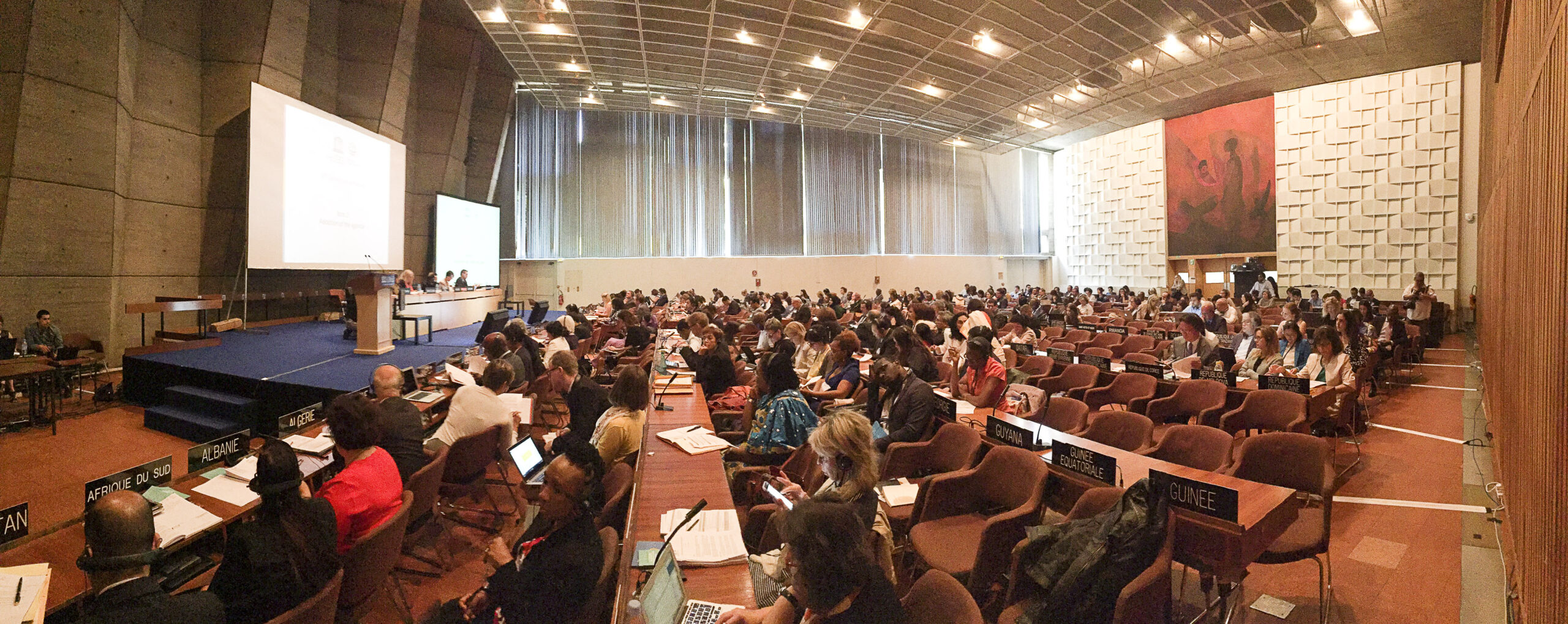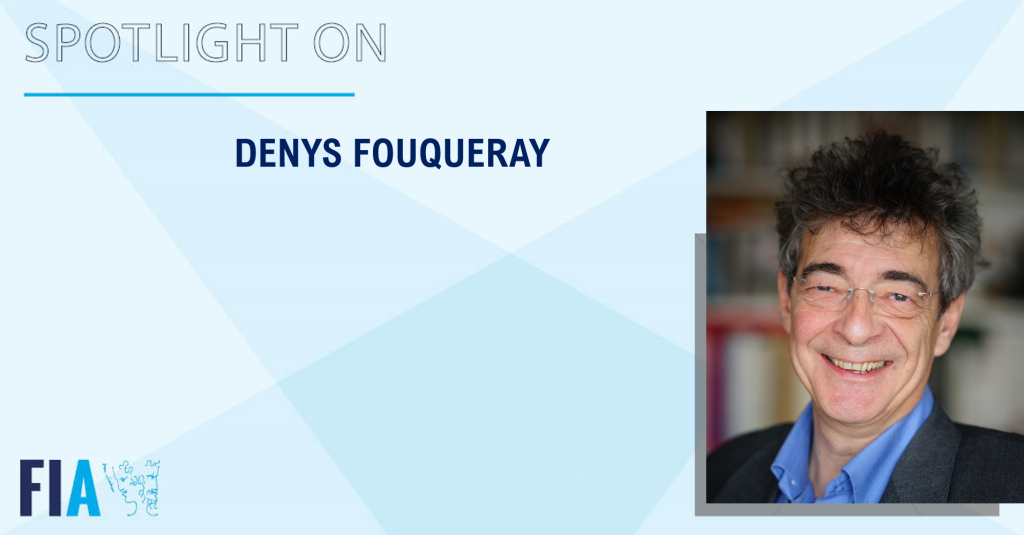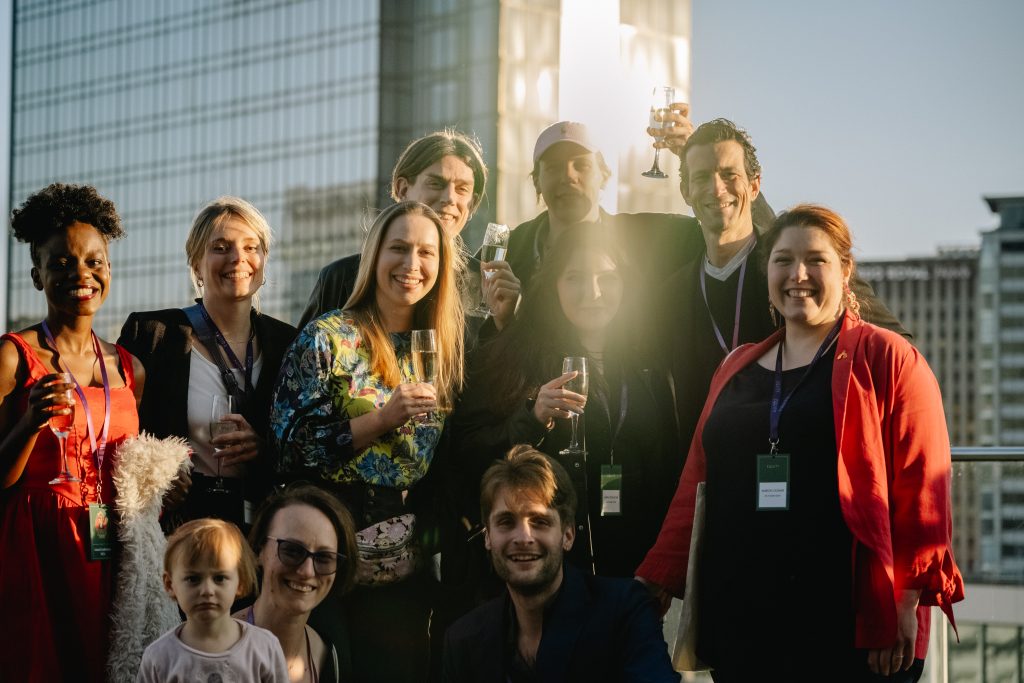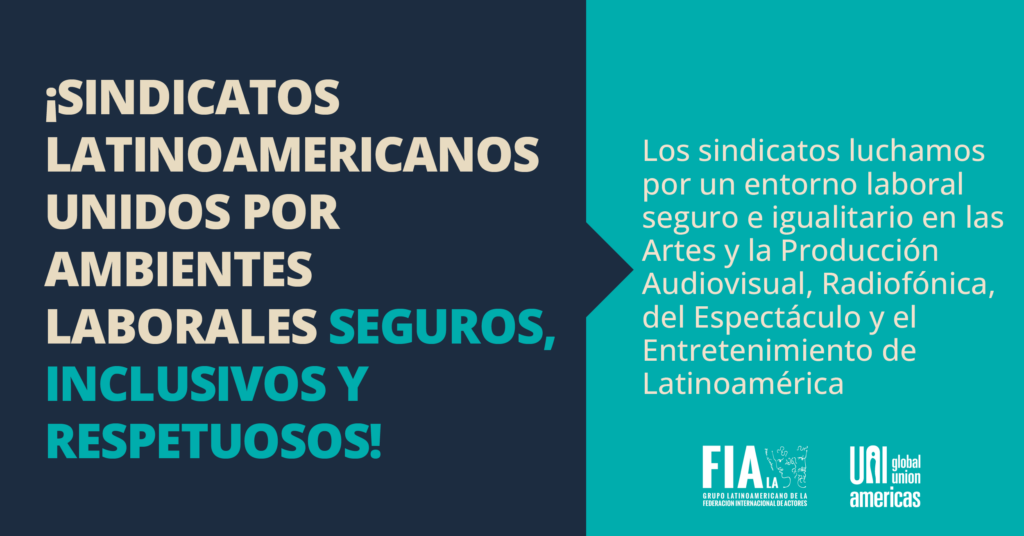The UNESCO 2005 Convention on the protection and promotion of the diversity of cultural expressions is perhaps the only international treaty fully acknowledging the role of civil society in advancing its goals. For the purpose of the Convention, civil society means non-governmental organisations, non-profit organisations, professionals in the arts and culture and groups that support the work of artists and cultural communities. It is largely thanks to the involvement of civil society that the Convention say the light of day and that is was ratified by an impressive number of countries in a relatively short time. Civil society organisations also play a fundamental role in the implementation of the Convention, especially by monitoring the compliance of public policies, promoting exceptions for cultural goods and services in international trade agreements and – more broadly – contributing to the achievement of greater transparency and accountability in the governance of culture.
For the first time since the adoption of the Convention, civil society organisations met at a forum organised in conjunction with the biennial Conference of the Parties to improve their cohesion as a group and bring a more structured contribution to the sessions of the Convention’s governing bodies. More than 40 organisations, including FIA, met in Paris on June 12 to 14 and agreed on a rough action plan to promote a more visible partnership with State parties, contribute in an orderly and constructive manner to the drafting of future orientation documents and provide reliable expertise for monitoring and implementation purposes. The first step will be the drafting of a succinct report, to be presented at the Intergovernmental Committee in December 2017, presenting the multifaceted contribution by civil society to the four main pillars of the 2005 Convention, i.e. sustainable systems of governance for culture; the balanced flow of cultural goods and services and the mobility of artists; the integration of culture in sustainable development frameworks, and the promotion of human rights and fundamental freedoms. At the Conference of Parties, held once every two years, state parties to the Convention adopted new guidelines to protect artists and diversify cultural content on the digital environment. The guidelines address the need to ensure an inclusive offer of content to the public that will not discriminate against cultural goods on the basis of provenance, language or social factors. They also reaffirm the need to respect human rights in the digital environment, notably freedom of expression, artistic freedom and gender equality.





